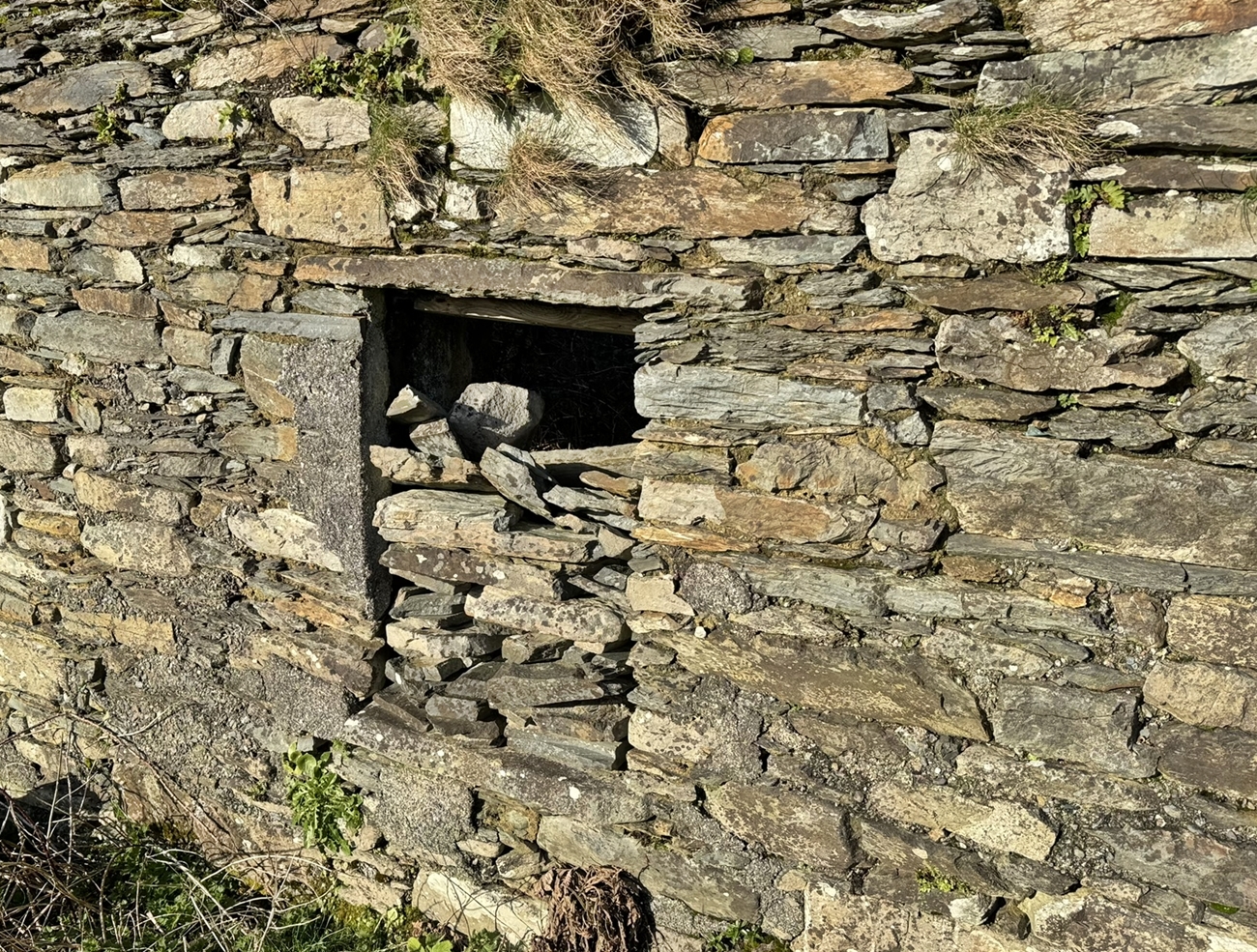Ramadan is the Muslim equivalent of Lent. Observant Muslims fast each day until sunset as they mark the month when the Qu’ran began to be revealed to the prophet Mohammed. The actual beginning of Ramadan depends upon the first sighting of the new crescent moon which this year took place last Sunday in Saudi Arabia.
While the fast from food and drink begins, the orgiastic feast of violence in Gaza continues unabated. The ceasefire that civilised nations have been calling for has not been agreed. Humanitarian corridors have not been created to permit aid to reach those in extreme suffering. Children, non-combatant women and old men continue to be killed and the numbers of newly mentally and physically mutilated who are entering a life of extreme hardship grows every day. While the religious fasting begins, the UN has warned that a famine in northern Gaza is almost unavoidable.
Aren’t human beings interesting? There is a story from Auschwitz about a group of rabbis who were discussing whether God had broken his covenant with His chosen people by permitting the Shoah. Exhausted and hungry at the end of the day, they convened a court in their freezing hut to put God on trial. It did not take long to find Him guilty. He had clearly abandoned His people. Then the presiding rabbi concluded: ‘we will now say the night prayer and go to sleep.’ I asked an old rabbi friend of mine once whether he thought God had favourites. He said that as a young man he had no doubt: it was the Jews. Later he came to believe that God had no favourites but loved all equally always. Now, he said, he felt God’s favourites did exist: they are the ‘anawim’, the most poor, abandoned, rejected of humanity whatever their faith or ethnicity.
It seems that the practice of religious faith is resilient to a point of sublime absurdity. Perhaps, as the conditions of human decency collapse around us and the spirit of religion is rejected, the outward signs of faith assume a new, paradoxical significance, as the last hope that human beings can be rehabilitated after they have dehumanised themselves. These religious practices are then no longer superficial or routine or merely tribal signs of belonging; they have acquired a radiance, even a paradoxical kind of glory because the mystery itself, beyond all signs and words, is exposed through them when humanity is in its most desperate state.
We might mock this. Or we might glimpse what shone through in that hut in Auschwitz or in Ramadan in the bombed hospitals in Gaza today. It is something we need not even try to name. Yet, if we see and recognise it, we are compelled to dive into the deepest silence where solidarity with the suffering of humanity reveals the core reality of the resilient oneness, even of oppressor and victim.





